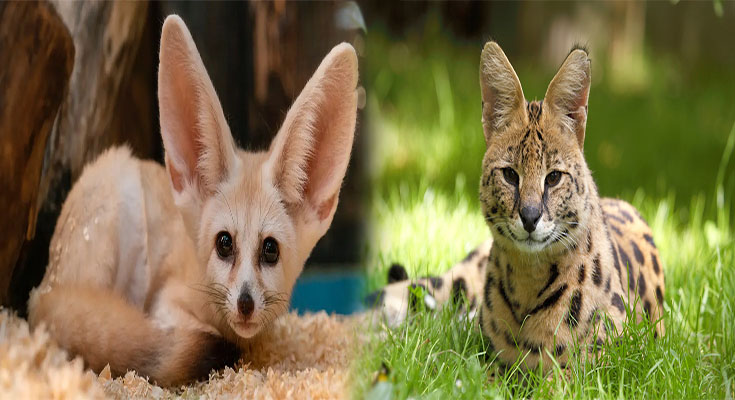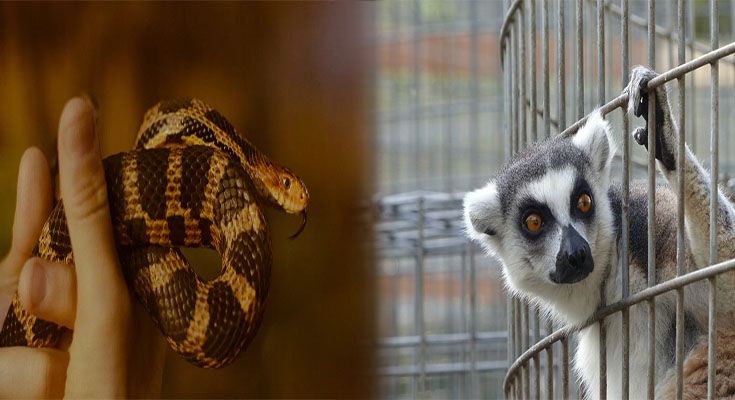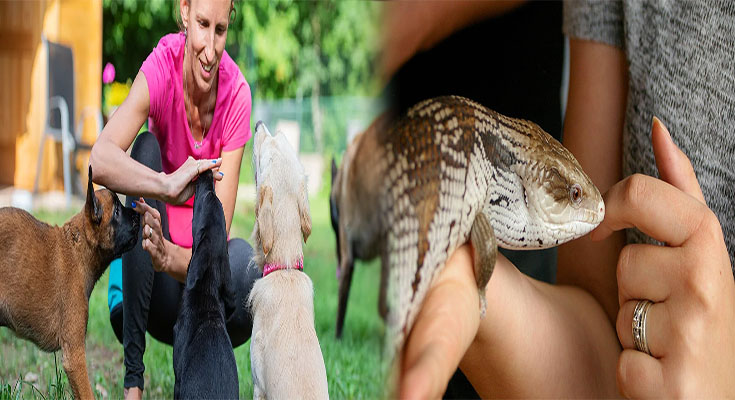
Hot Spots Explained: Why Your Dog’s Skin is Breaking Out and How to Fix It
Hot spots are a common skin issue for dogs, causing intense discomfort and distress. If your dog is constantly scratching, licking, or biting at a specific area of their skin, it could be a hot spot. This condition not only irritates your dog but can also lead to infections and further complications if not treated. Fortunately, Puainta® Quantum Hot Spot and Wound Spray offers an effective solution to soothe your dog’s skin and accelerate the healing process.
What Are Hot Spots and Why Do They Happen?
Hot spots, also known as acute moist dermatitis, are localized skin infections that result from continuous scratching, biting, or licking. They often begin as a small, irritated patch but can quickly become inflamed, raw, and infected if left untreated. The primary causes of hot spots in dogs include:
Allergies: Environmental allergens like pollen or food sensitivities can trigger itching, leading to hot spots.
Flea …
Hot Spots Explained: Why Your Dog’s Skin is Breaking Out and How to Fix It Read More




